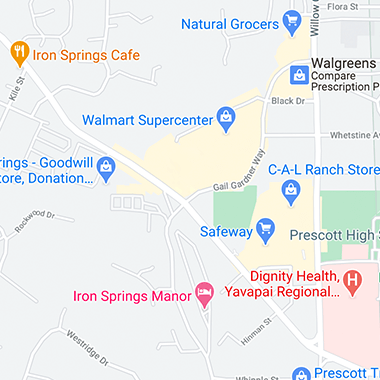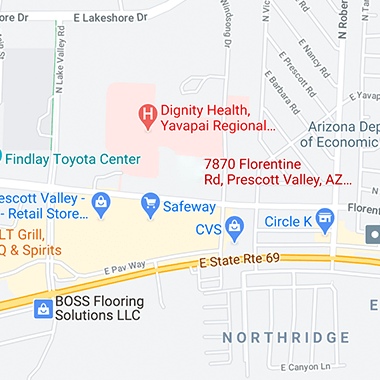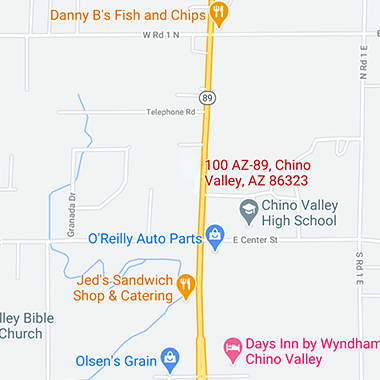Sedation Dentistry
Imagine your child undergoing complex dental treatment like a pulpotomy, extraction, multiple crowns, or restorations. When treatment is complete, your child will have a faint recollection of the time it took, the discomfort, or the fatigue associated with extensive dental treatment. We are pleased to offer your child the option of comfortable, safe, and effective sedation dentistry. Our pediatric dental patients who benefit from sedation dentistry have:
- A fear or anxiety of opening their mouth
- A fear or anxiety of doctors in general
- A hard time sitting still for more than a few minutes (don’t worry, it’s normal)
- A hard time with shots and the feeling of being numb
What is sedation dentistry?
Sedation dentistry allows your pediatric dentist to provide dental treatment safely and comfortably for children who experience anxiety when visiting the dentist. There are several benefits of oral conscious sedation, including:
- Faint, (if any) memory of the procedure
- Decreased pain sensitivity
- A significant reduction in anxiety and fear
- Increased ability to tolerate discomfort (like anesthetic injections)
Levels of Sedation
Sedation dentistry is closely regulated by law, and there are three sedative states at which your child's dentist can administer treatment: mild sedation, moderate sedation, and deep sedation.
- Mild Sedation — Anxiolysis is the lightest form of sedation dentistry and is often used for children with mild anxiety, longer procedures, or more complex situations. Mild sedation is usually administered using Nitrous Oxide, sometimes called Laughing Gas. Your child will remain awake and will be able to breathe normally, but he or she will feel a great sense of relaxation. Patients typically recover from nitrous inhalation within a few minutes after the procedure is complete. This is considered one of the safest forms of sedation with little if any, residual effect after the procedure.
- Moderate Sedation — This form of sedation is often referred to as oral conscious sedation. This is frequently used for younger patients with moderate dental anxiety and for patients who need longer or more complex treatment. With conscious sedation, your child will remain awake (conscious) throughout the procedure but will be in a deep state of relaxation. It is typically a drink or pill taken orally. One benefit of this form of sedation is the prolonged sedative effect after the procedure. The medications gradually wear off, helping anxious patients transition from treatment back home in a relaxed state.
- Deep Sedation — This form of sedation is often referred to as IV sedation or general anesthesia. This form of sedation is offered in-office. Patients experiencing general anesthesia will typically breathe through a mask and go to sleep. Once asleep an IV is placed which is removed before the patient wakes up. Patients often have no recollection of the treatment and no sense of the amount of time that has passed. This is very effective for very small children and some special needs patients.
How are sedatives administered?
- Inhalation — Nitrous oxide, or laughing gas, is the most frequently used method for easing mild to moderate anxiety. Recovery is quick so your child can resume normal activities immediately.
- Oral — Now we all know why it is called “Oral Conscious Sedation”. This is a great alternative for children who are scared of needles. Once in the office, the patient is given a small dose of a fruity liquid, taken about an hour before treatment is to begin.
IV Sedation
For kids that just will not take oral medication, or for the most complex dental treatment, this may be the only option. The child is brought into the operatory by a parent or caregiver, who helps them breathe through a mask. About 10 breaths later they are completely asleep. A certified anesthesiologist places an IV and keeps the patient comfortable throughout the procedure.
Once the treatment is complete, the IV is removed. Right before the patient wakes up, the parent is invited back into the room so that as the child awakens the parent is there to soothe and comfort. The child typically has no idea they even had an IV or that the procedure even happened.
Common questions about IV sedation dentistry
We understand that before treatment, you may have questions about IV sedation and dentistry. Here are some of the most common questions and answers.
- Will my child feel anything during treatment?
In most cases, patients do not feel anything. There is very little discomfort, and many patients wake up feeling relaxed and comfortable with almost no memory of the treatment.
- Is IV sedation dentistry safe?
IV sedation dentistry is a safe and effective way for many patients to receive dental treatment. Before starting treatment with IV sedation, Dr Raber or Dr Mortenson will talk with you and help you decide if IV sedation is right for your child’s treatment.
- How long will it take the sedation to wear off?
The time it takes for the sedatives to wear off depends on the dose received, how long the treatment is, and how quickly your child’s body can recover. Most children are awake and ready to go in about 30 min following the procedure.
- Is my child a good candidate for IV sedation dentistry?
Any patients who experience severe anxiety are good candidates for IV sedation dentistry. If your child has any of the following fears or concerns, ask Dr Raber or Dr Mortenson about IV sedation dentistry as an option for his or her next dental treatment:
- Extreme dental anxiety or fear of visiting the dentist
- Fear of needles and/or shots
- Past traumatic dental experience
- Can't handle the smells or noises of being at a dentist's office
- Has overly sensitive teeth, a strong gag reflex, or trouble getting numb
- Requires a more complex dental treatment
- Wishes to have a more comfortable dental treatment
If you feel that your child could benefit from IV sedation dentistry, please contact us and let us know how we can better accommodate your family’s needs.
Please contact our office to schedule a consultation, learn more about sedation dentistry, and find out which sedation dentistry method may be right for your child.



